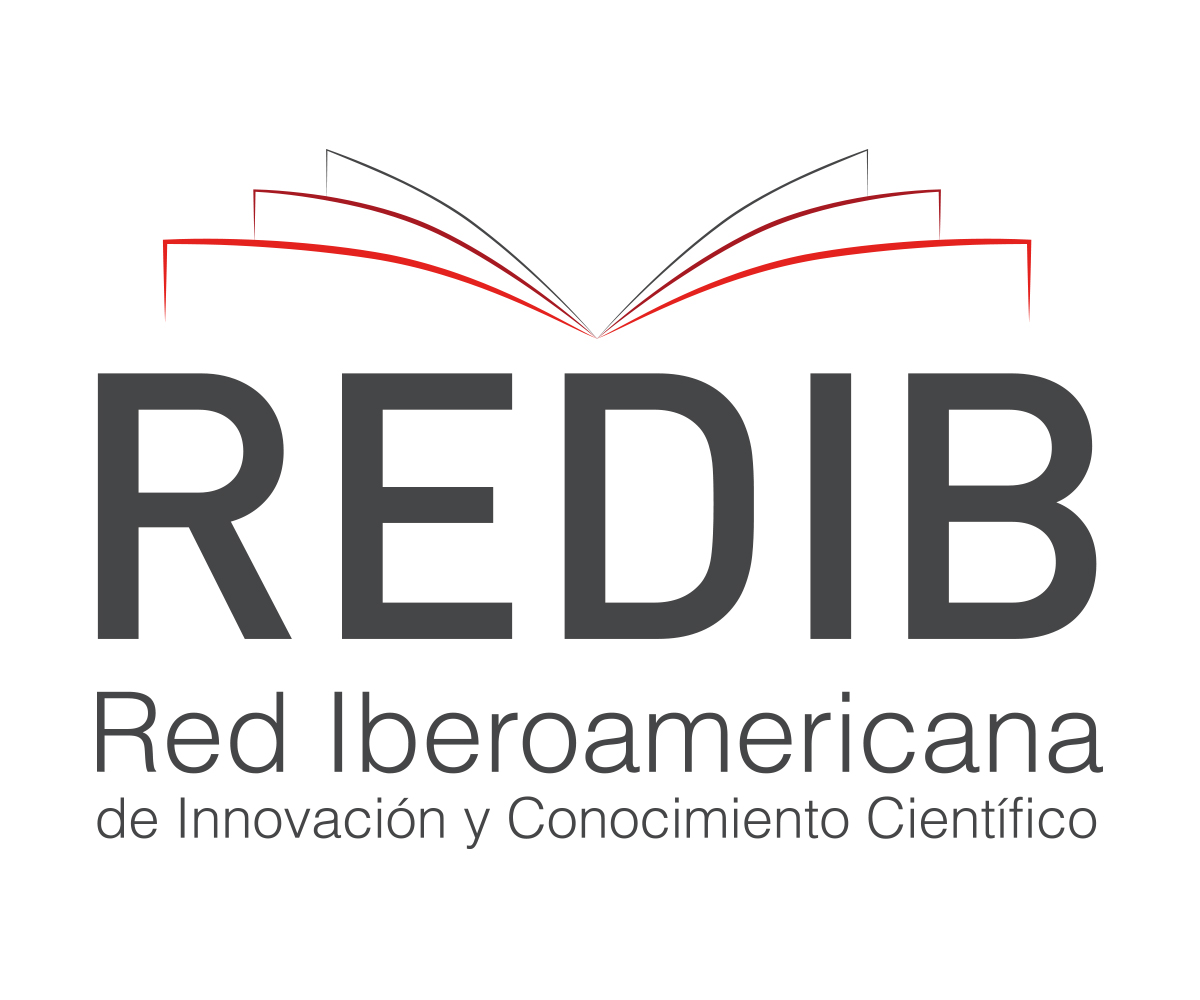Ethical issues policy
Archivos Peruanos de Cardiología y Cirugía Cardiovascular follows ethical standards both in research and scientific publication. The presence of potential misconduct in publication will be reviewed as: (1) faults related to authorship and institutional affiliation, (2) manipulation of data and inventions, (3) plagiarism and redundant publication. If any of these are detected at any stage of the editorial process of the article, it will be suspended; if the article has already been published, a retraction will be generated. This will be done after investigation and release of the parties involved. If a breach of ethics is confirmed, the competent institutions will be informed (authors' institutions of origin, institutions that financed the study, professional associations, ethics committees that approved the study or the Ethics and Deontology Committee of the Peruvian Medical Association in the case of Peruvian authors).
In case of possible ethical misconduct, the journal will follow the recommendations of the Committee on Publication Ethics (COPE) (www.publicationethics.org) and the Word Association of medical editors (WAME). If you have any doubts about ethical misconduct, please contact the Editorial Committee (comiteeditorial.apccv@gmail.com) in advance for guidance.
The Editorial Committee reserves the right to request the Ethics Committee approval document of the articles received. Research conducted from 2016 onwards that have been performed on humans or use biological material or data susceptible to identification such as samples or medical records must have the approval of an Ethics Committee. Those studies prior to 2016, the Editorial Committee will evaluate each case.
Do not require approval of an Institutional Ethics Committee: Studies with secondary databases of public access, including systematic reviews, meta-analysis and bibliometric studies.
Do require approval by a Research Ethics Committee: (1) Research conducted on human subjects; (2) Research directly using human biological material or identifiable human data such as biobank or medical record samples.
PROTECTION OF HUMANS AND ANIMALS
The ethical criteria for the protection of human beings are based on respect for the subject of the study, beneficence and justice, as detailed in the Belmont Report. For which it is important to have the approval of an Ethics Committee.
Animal research should adhere to the characteristics of replacement (use of alternative methods to animal involvement), reduction (methods that reduce the number of animals used), and refinement (methods that improve animal welfare) of this type of study; in addition, investigators should report the manner in which discomfort and pain were avoided and/or minimized, as well as confirm that the animals did not experience any unnecessary suffering during the study. The authors should declare whether the experiments were conducted in accordance with the standards of the Guide for the Care and Use of Laboratory Animals of the US Public Health Service.
Informed consent in research.
Authors should explicitly state whether they have the informed consent of the participants at the time of submission of their manuscripts.
A. For original articles
- Submit the authorization by the respective ethics committee authorizing the research, as an attachment to the submission files, or:
- Detail in the manuscript that an ethics committee approved the conduct of the research (place the authorization number, place and date).
In both cases, it should be made explicit that the informed consent was part of the approval by the ethics committee.
B. For case reports
- Submit the authorization by the respective ethics committee authorizing the presentation of the case, or:
- Author's statement that he/she has the patient's or his/her guardian's acceptance for publication of the case.
Informed consent is not required in the following cases:
- Secondary studies (systematic reviews and/or meta-analyses).
- Studies based on review of medical records files.
- Narrative review articles
- Letters to the editor










